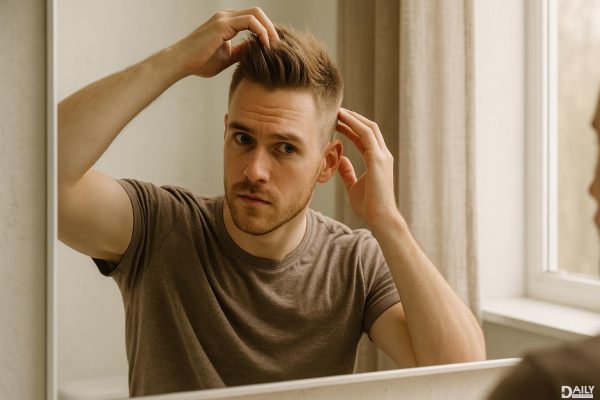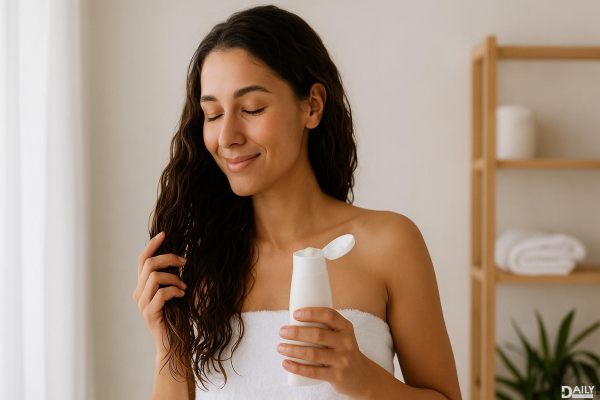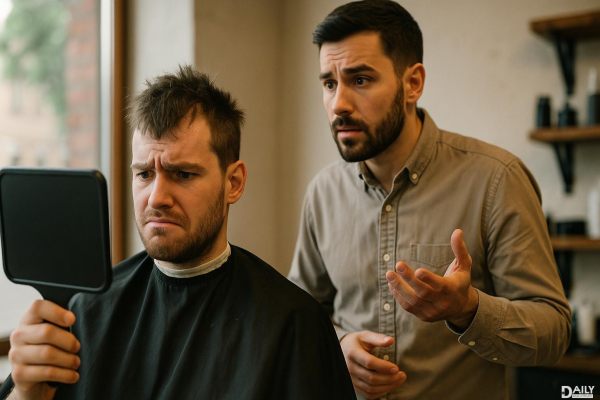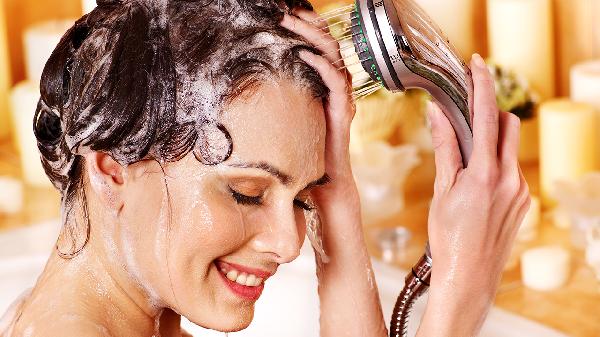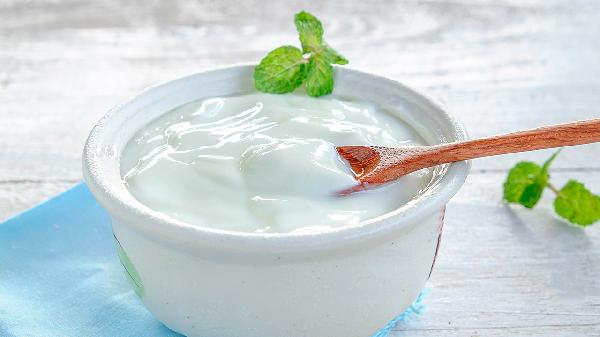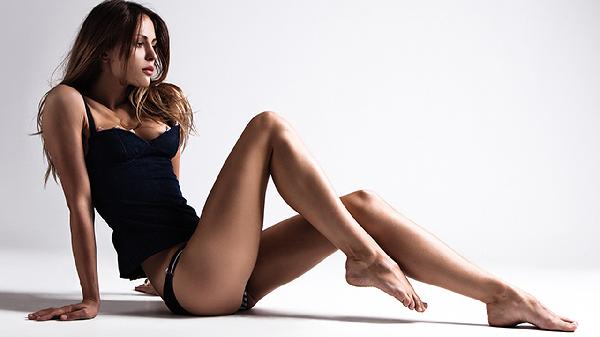Let's cut straight to the chase—yes, you still need conditioner even with short hair, but maybe not in the way you think. The whole "skip conditioner if your hair's above your shoulders" thing is one of those beauty myths that just won't quit, like "shaving makes hair grow back thicker" or "you lose most heat through your head." Short hair might not tangle as much as Rapunzel-length locks, but it still craves moisture, protection, and that sweet, sweet slip that makes styling a breeze. The real hack? Learning how to condition smarter based on your hair type, texture, and how much product buildup you're dealing with.

Hair length doesn't change biology—every single strand from root to tip needs hydration and protection. The outer layer of your hair (the cuticle) is like shingles on a roof, and when those lift up from heat, coloring, or even just washing, moisture escapes faster than your motivation to blow-dry on a Monday morning. Short hair actually shows damage more obviously since there's less length to disguise split ends or dryness. Ever noticed how a fresh pixie cut looks amazing for two weeks, then suddenly turns into a frizzy tumbleweed? That's your cue that conditioner isn't optional—it's damage control in a bottle.
Here's where most short-haired folks go wrong: slathering on conditioner like it's lotion (stop drowning your roots!), skipping it entirely because "it weighs hair down" (newsflash—you're probably using the wrong formula), or worse, substituting it with that 3-in-1 shampoo/body wash/floor cleaner abomination from your gym bag. The right conditioner for short hair should be lightweight but potent—think of it like a tailored suit versus a bulky winter coat. Fine hair? Try a volumizing rinse-out or leave-in spray. Thick curls? Cream-based formulas are your BFF. Bleached or heat-styled daily? You need reparative ingredients like keratin or argan oil like a desert needs rain.
With short hair, placement is everything. Start applying conditioner mid-shaft down—your roots produce enough natural oils already. For super short styles (think buzzcuts or undercuts), mix a pea-sized amount with water in your palms before applying to avoid greasiness. Rinse with cool water to seal the cuticle (hot water is the enemy of shine). Pro tip from salon stylists: After rinsing, squeeze excess water with a microfiber towel instead of rubbing—it prevents frizz better than any serum. And if you use dry shampoo more than twice a week? Clarify first—product buildup makes conditioner sit on top of hair instead of absorbing.
Leave-in conditioners are the unsung heroes of the short hair world. Unlike heavy creams that flatten, modern leave-ins come as featherlight sprays or milks that add shine without residue. They're perfect for air-drying (just scrunch and go), taming flyaways on cropped cuts, or protecting hair from flat iron damage. Look for ingredients like glycerin (humectant that pulls moisture from the air) or panthenol (strengthens without stiffness). Bonus: They double as heat protectants—one less product cluttering your tiny bathroom shelf.
Okay, fine—there are two scenarios where short-haired humans might ditch conditioner temporarily: 1) If you've got a fresh buzzcut or crew cut (your scalp oils distribute evenly naturally), or 2) You're doing a "reset wash" to remove silicone buildup (follow with a deep conditioner though). Even then, a hydrating shampoo or occasional hair mask is non-negotiable. And guys with short styles—don't fall for the "men's hair is different" marketing. Your strands benefit from conditioner just as much; you just need a matte-finish formula instead of glossy ones.
At the end of the day, conditioner isn't about hair length—it's about keeping your strands healthy enough to style easily and look sharp. The real myth? That haircare should be complicated. Find your formula, adjust the amount based on your hair's mood that day (yes, hair has moods), and remember: even the most effortless-looking messy bedhead usually got some conditioner TLC behind the scenes. Now go forth and condition with confidence—your lob, bob, or undercut will thank you.
